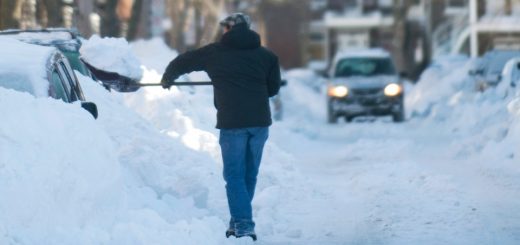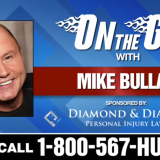Did you know that when you host guests at an event, you can be held liable for their injuring themselves or others, especially as a result of alcohol intoxication?
If you didn’t, it’s time to educate yourself. You may already have been aware that pub owners and professional bartenders are held liable for giving an over-intoxicated customer more to drink, but many people are unaware that even as a social host, you bear some responsibility as well. This responsibility can result in liability. Liability means that you’re held legally responsible, in a civil or criminal sense.
When to Be Extra Cautious
There are a few circumstances under which you can become liable for one of your guests actions or accidents. The following list, while not comprehensive, is a good overview of when you should be more attentive (or avoid a similar situation altogether).
At Your Home
- If you are hosting a party at home and you can see that one of your guests is obviously under the influence of alcohol already, and you know they will be driving. Don’t continue to provide alcohol.
- Underage children are at a party with alcohol present. Don’t knowingly allow underage children to have alcohol in your home, whether you are present or not.
At Other Venues
It comes as a surprise to some that they can be held liable for the results of others’ alcohol consumption even when it doesn’t occur at their home—at least, under certain circumstances:
- You organize a social function at which alcohol is provided to guests: a work holiday party, a wedding reception. You should make provisions for not serving those who are intoxicated.
- Your signature is on a Special Occasion Permit (for an event, i.e. street festival, dance party, etc.). You must take measures to ensure that alcohol is served legally and responsibly.
Tips for Being a Good (and Safe) Host
You don’t have to give up the enjoyment of hosting a gathering, but you should be smart about it. Here are some tips to help you host a safe (practically and legally), fun party:
- Don’t encourage or permit drinking games.
- Don’t serve alcohol during or immediately before physical/athletic activities that might result in injury.
- Have a plan for dealing with over intoxicated guests, including a few friends you know you can count on to support you.
- Don’t drink yourself, or at most, drink in careful moderation. You’ll be more alert and aware.
- Serve only standard sized or smaller drinks—not oversized cups or glasses that might cause guests to underestimate the number of drinks they’ve had.
- Serve food during the gathering and have snacks available at all times. Food can help slow down alcohol absorption in the stomach. Steer clear of snacks that make people more thirsty, though!
In the end, following these tips and suggestions aren’t just about protecting yourself from legal liability. They’re also a way to make sure you and your guests stay safe—and isn’t that what’s really important?







